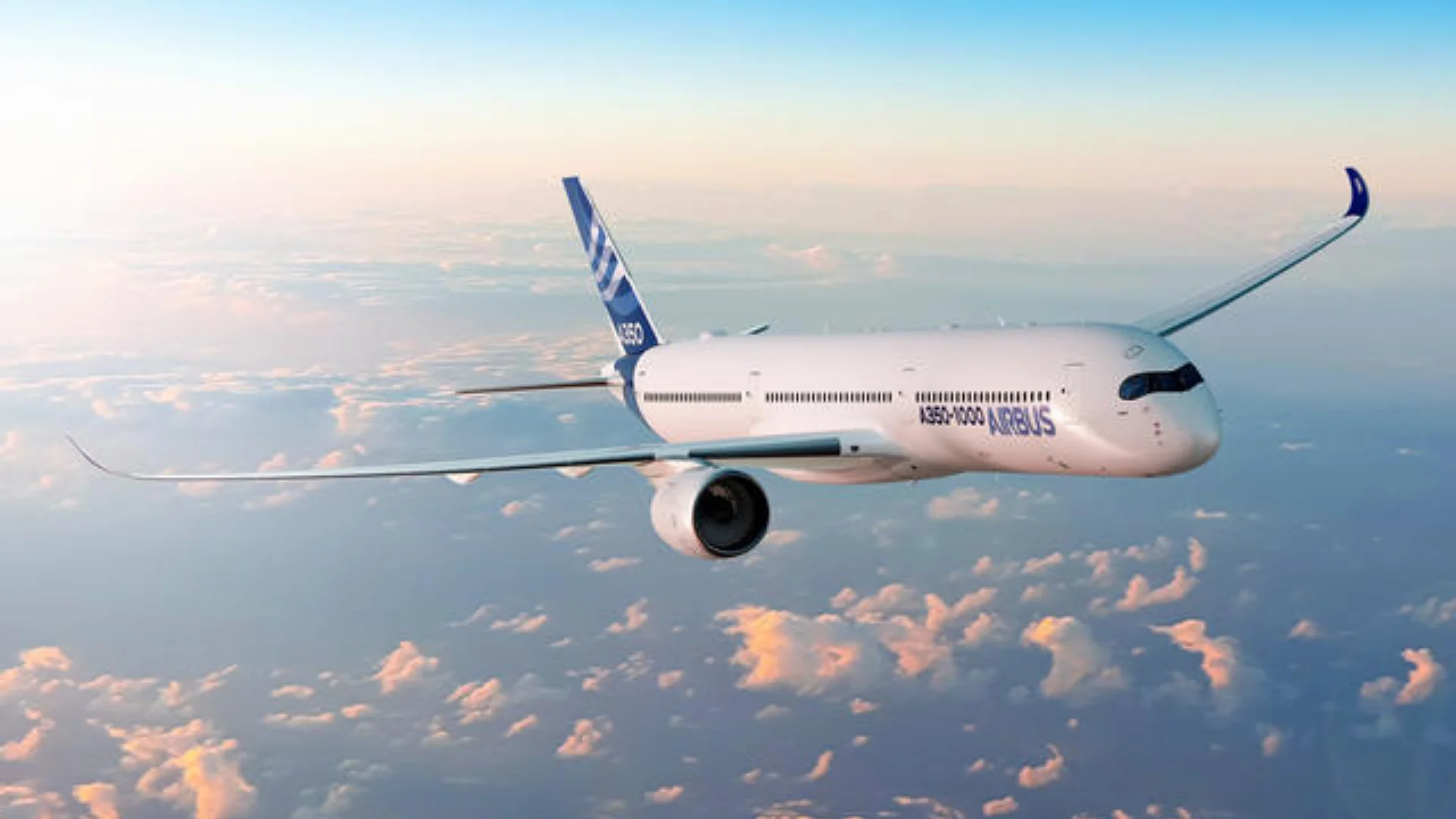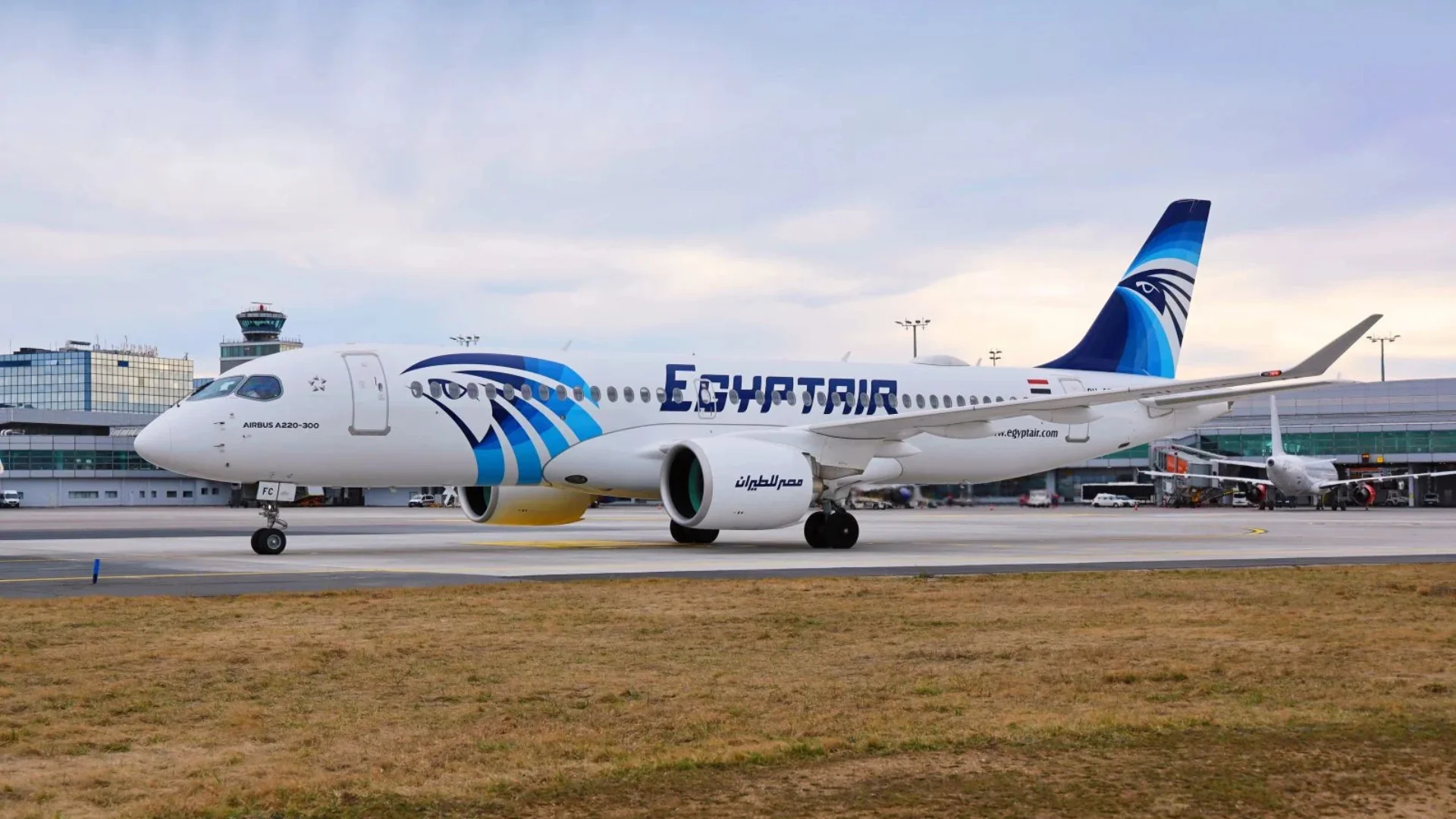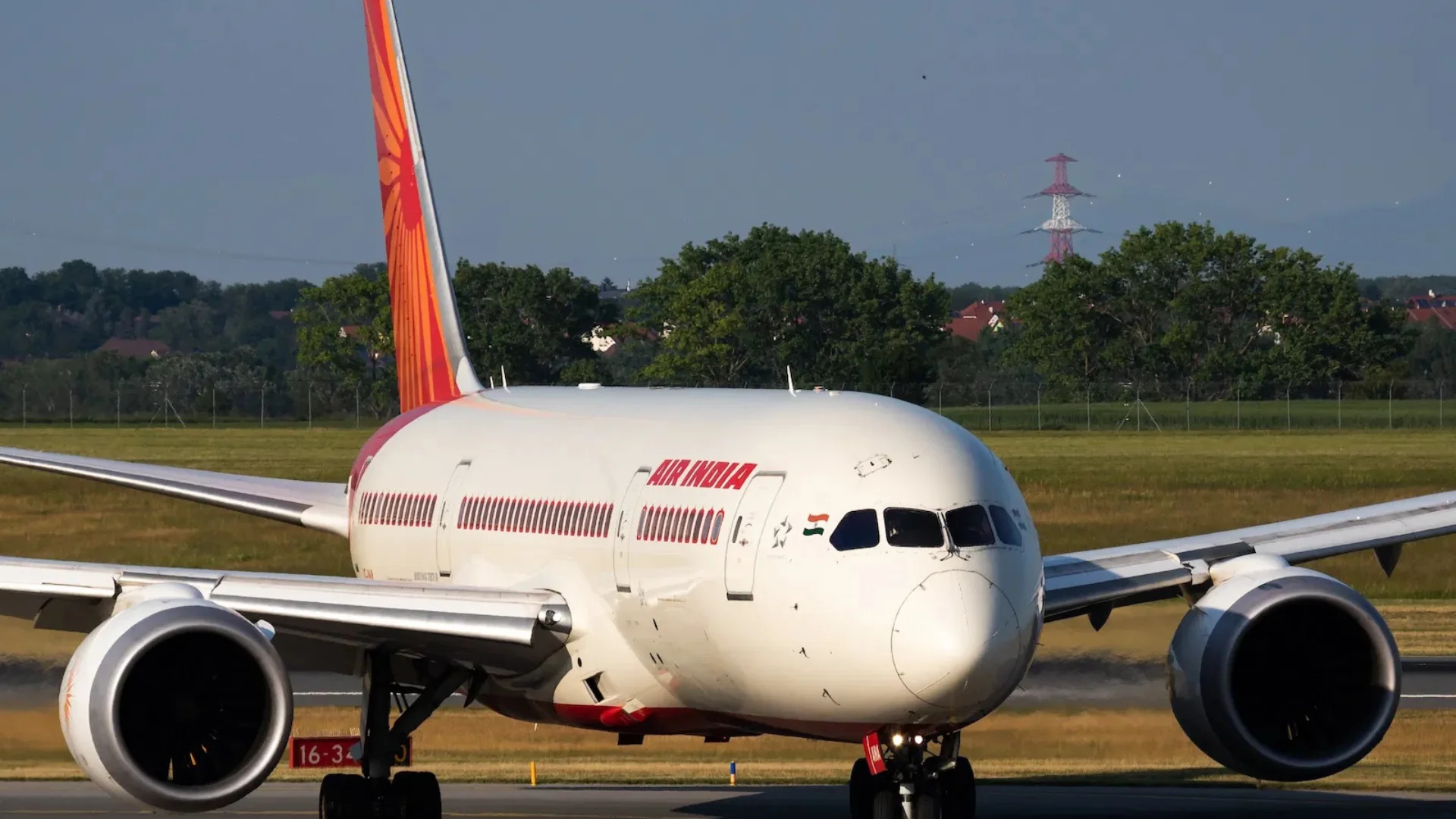Airport tractors play a crucial role in the operations of commercial airports worldwide, facilitating the movement of luggage and cargo, as well as assisting aircraft with push-back from gates. These vehicles are essential at airports without large aircraft stands, where they ensure that planes can proceed to taxiways for takeoff.
The history of airport tractors dates back to the early 1900s when pilots often landed in open fields owned by farmers. These farmers would use their tractors to tow planes across rough terrain, leading to the adoption of the term "tractor" for ground service equipment (GSE) vehicles used today.
In 1923, Clark Tructractor Co. began manufacturing tractors designed for heavy freight and industrial loads. By the 1930s, these vehicles were employed at airports to handle passenger luggage as air travel gained popularity. The post-World War II era saw a boom in air travel and the emergence of dedicated GSE manufacturers who developed equipment like auxiliary power units (APUs) and specialized airport tractors.
 Alerts Sign-up
Alerts Sign-up









